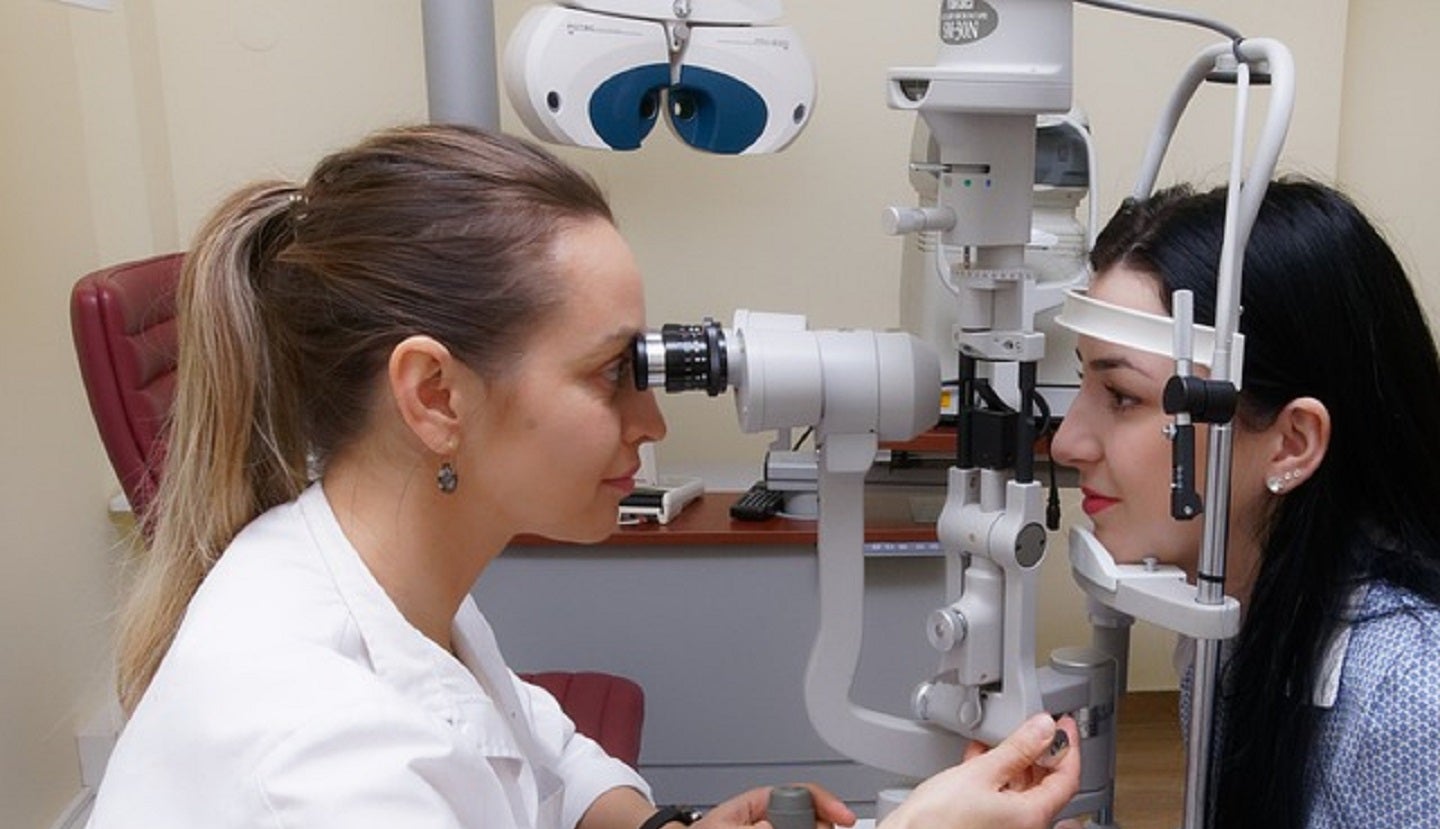
US-based pharmaceutical company EyePoint Pharmaceuticals has finished enrolling patients in its Phase II PAVIA clinical trial of EYP-1901 for moderate to severe non-proliferative diabetic retinopathy (NPDR).
The randomised, controlled study will evaluate EYP-1901 as a potential nine-month treatment for patients with moderate to severe NPDR.

Discover B2B Marketing That Performs
Combine business intelligence and editorial excellence to reach engaged professionals across 36 leading media platforms.
The 12-month trial has exceeded its 60-patient target and enrolled a total of 77 patients.
Patients were randomised to receive either 2mg or 3mg of EYP-1901 while the control group was treated with a sham intravitreal injection in the physician’s office.
The improvement of at least two diabetic retinopathy severity scale levels as of week 36 after the EYP-1901 injection is the trial’s primary efficacy endpoint.
Secondary endpoints include the reduction in retinal ischaemia/nonperfusion and safety, as well as the occurrence of diabetic macular oedema and/or proliferative disease and vision-threatening complications.

US Tariffs are shifting - will you react or anticipate?
Don’t let policy changes catch you off guard. Stay proactive with real-time data and expert analysis.
By GlobalDataTopline data from the trial are anticipated in the second quarter of next year.
EyePoint Pharmaceuticals CEO Nancy Lurker said: “Despite the risk for visual loss associated with this disease, over 90% of patients currently receive no course of treatment apart from observation by their eye care specialist until they develop sight-threatening complications.
“This is due to the burdensome and frequent eye injections currently required with today’s approved therapies for this disease.
“As a result, we believe EYP-1901 may address the substantial therapeutic unmet need for a long-acting treatment.”
EYP-1901 combines an erodible formulation of Durasert E with tyrosine kinase inhibitor, vorolanib.
The therapy is being developed as an investigational sustained delivery treatment for retinal diseases.
A previous Phase I clinical trial of EYP-1901 in wet AMD demonstrated a positive safety profile with stable visual acuity and OCT.
Data from the trial showed a 75% treatment burden reduction after six months and 73% at the 12-month visit following one dose of EYP-1901.





